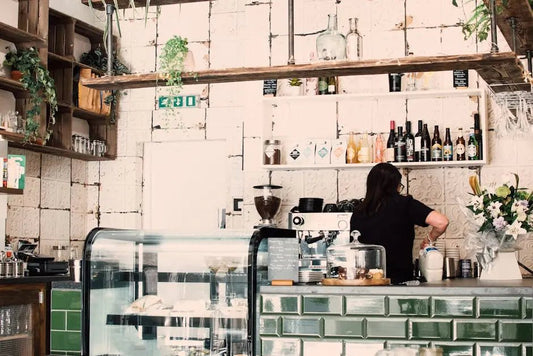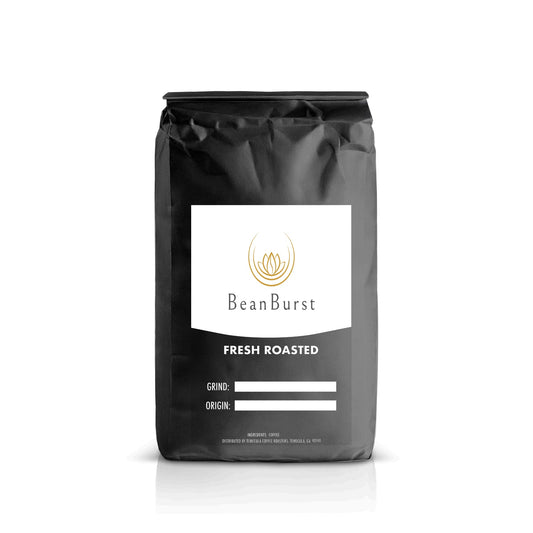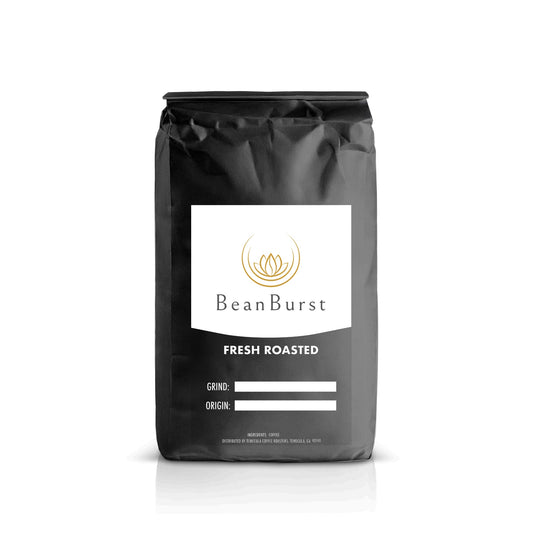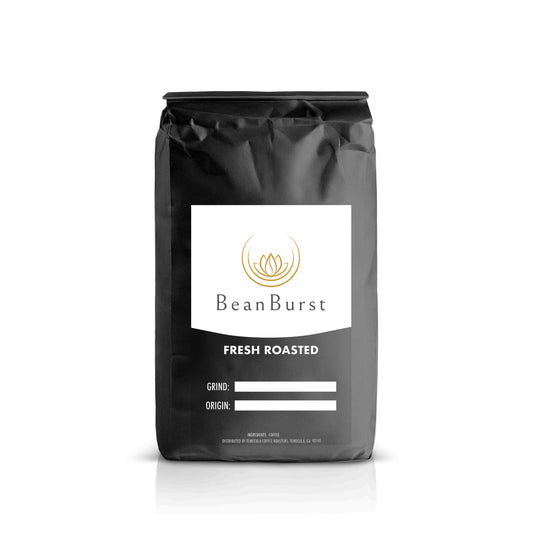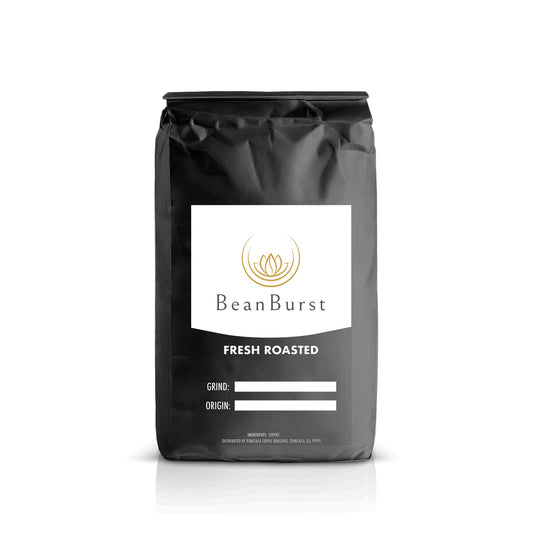Bali coffee is not just a beverage; it’s an experience that encapsulates the rich culture and traditions of the island. This blog explores the fascinating brewing methods of Bali coffee, highlighting the artistry and unique practices that make it stand out in the world of coffee. From traditional techniques to modern innovations, let’s delve into the depths of this celebrated drink.
The History of Coffee Cultivation in Bali
The history of coffee cultivation in Bali dates back to the late 19th century when Dutch colonists introduced coffee plants to the island. Initially, coffee was cultivated in the regions of Kintamani and Gianyar, where the volcanic soil provided ideal conditions for growth. Although the initial focus was on the production of Arabica coffee, the introduction of Robusta coffee became increasingly significant, leading to a diversification in flavor profiles. Over the years, coffee cultivation has evolved, influenced by both international markets and local traditions.
As coffee became established as a key agricultural product, Balinese farmers began to develop their own methods and practices. Each family had its own unique twist on coffee cultivation, often passed down through generations. This familial knowledge not only enhanced the quality of the beans but also solidified coffee’s cultural significance within Balinese society. Today, Bali coffee is often celebrated for its distinct flavor and aroma, which are products of centuries of refinement and innovation.
In the contemporary era, the rise of specialty coffee has resulted in a renewed focus on Bali as a prominent coffee-producing region. Coffee tours and tastings have become popular, attracting both tourists and locals alike who seek to learn about the intricate processes involved in coffee production. These experiences highlight the importance of sustainable farming practices and emphasize the role of biodiversity in maintaining coffee’s exceptional quality.
Traditional Balinese Brewing Techniques
Traditional brewing techniques in Bali are an art form that reflects both the island’s culture and its dedication to quality. One of the most iconic methods is the process of using a cloth filter, locally known as ‘saringan’. This method involves steeping freshly ground coffee in boiling water before filtering it through a cloth. The result is a rich and flavorful brew that encapsulates the essence of Bali coffee. The simplicity of this technique belies the skill required to perfect it; achieving the right balance of steeping time and grind size is crucial.
Another traditional method often employed by Balinese coffee enthusiasts is the ‘kopi tubruk’ style, where coffee grounds are boiled directly with sugar. This technique results in a robust and intensely sweet flavor that many locals prefer. It’s common to see families gathering around to enjoy kopitubruk, showcasing how coffee serves as a social catalyst in Balinese culture. The communal aspect of brewing and drinking coffee illustrates the warmth and camaraderie typical in Balinese society.
Despite the rise of modern brewing methods, many locals continue to honor these traditional practices. Participating in a coffee ceremony allows visitors to engage directly with Balinese culture, providing not just a taste of coffee but a window into the spirit of the island. Through these ceremonial practices, coffee brewing becomes a celebration rather than a routine, imbuing every sip with deeper meaning.
Innovative Modern Brewing Methods
As the coffee industry evolves, Bali has embraced innovative brewing methods that highlight the unique characteristics of its beans. Pour-over techniques have gained immense popularity, allowing coffee drinkers to appreciate the nuances in flavor that traditional methods might overlook. Baristas meticulously control variables such as water temperature and flow rate, ensuring that each cup is a testament to the quality of Bali coffee.
The introduction of espresso machines has also transformed the coffee scene in Bali, enabling a variety of coffee-based drinks to become popular among locals and tourists alike. Cafés that promote specialty drinks, such as lattes and cold brews, have embraced these modern technologies while still respecting the essence of Bali coffee. With artfully crafted presentations, these beverages combine visual appeal with rich flavors, creating an enticing experience for coffee lovers.
Additionally, the rise of sustainability-focused brands has brought attention to eco-friendly practices within the coffee brewing community. Innovative approaches to sourcing, processing, and brewing are often highlighted in the latest coffee shops, where education and sustainability go hand-in-hand. These establishments work closely with local farmers to ensure that quality and care are prioritized at every step of the process, showcasing Bali coffee in a light that merges tradition with modern sensibilities.
The Role of Local Farms in Bali Coffee Production
Local farms play an indispensable role in the production of Bali coffee, acting as the backbone of the coffee industry on the island. These farms are often family-run, where traditional farming practices blend harmoniously with modern techniques. The commitment to high-quality, ethically sourced coffee results in beans that capture the unique terroir of Bali, showcasing the richness of its volcanic soil.
One notable aspect of these farms is their emphasis on organic cultivation methods. Many local farmers have shifted away from chemical fertilizers, opting for natural solutions that not only enrich the soil but also preserve the environment. This commitment to organic practices has garnered attention from environmentally conscious consumers, thus elevating the status of Bali coffee on a global scale. The movement towards organic farming also reinforces the cultural values of sustainability that are inherent in Balinese tradition.
To further enhance the visibility of their coffee, several farms have opened their gates to visitors, providing tours that educate on the entire process from seed to cup. These experiences allow visitors to witness the hard work and dedication that goes into coffee production while also supporting the local economy. The direct connection between consumer and farmer fosters a deep appreciation for the craft and the unique qualities of Bali coffee.
Flavor Profiles: Understanding Bali Coffee’s Unique Taste
Bali coffee boasts a distinctive flavor profile that sets it apart from other coffee-producing regions. Characterized by a smooth and balanced taste, the beans often deliver notes of chocolate and a hint of spice—combining to create a rich, velvety experience. The volcanic soil infuses the coffee with minerals, resulting in a depth that is both intriguing and satisfying.
The flavor can also vary based on the elevation at which the coffee is grown. Higher altitudes yield a brighter acidity, while lower elevations bring forth a heavier, earthier flavor. This diversity enables coffee drinkers to explore a range of tastes, from fruity undertones to nutty richness. Indeed, the complexity of Bali coffee contributes to its allure as a specialty product in the global coffee market.
To further enhance the tasting experience, many coffee enthusiasts participate in cupping sessions, where they can savor the unique aromas and flavors of different Bali coffee varieties. Such events not only promote appreciation for Bali coffee but also help consumers differentiate between the subtle variations in quality and taste offered by different farms. Each cupping session becomes a revelation—a journey through the diverse landscape of Bali.
Pairing Bali Coffee with Traditional Balinese Snacks
The experience of enjoying Bali coffee is wonderfully complemented by traditional Balinese snacks. Local delicacies, such as ‘pisang goreng’ (fried bananas) and ‘kue lapis’ (layered cake), echo the sweet and rich flavors found in Bali coffee. The harmony between the bitter and sweet profiles creates a culinary pairing that enhances the appreciation of both the coffee and the snacks.
Another delightful pairing is with ‘kerupuk’ (crispy crackers), which provide a satisfying crunch that contrasts beautifully with the smooth textures of Bali coffee. These snacks not only serve as a delicious accompaniment but also showcase the creativity of Balinese cuisine, inviting deeper culinary exploration. Through these pairings, Bali coffee becomes a conduit for experiencing the island’s vibrant culinary culture.
Ultimately, engaging with Bali coffee alongside local snacks elevates the drinking experience, allowing both flavors to shine. It becomes an exploration of taste and tradition, where each bite and sip reveals more about the island’s heritage. This fusion of coffee and cuisine exemplifies the essence of Bali—a place where every element is interconnected and celebrated.
The Art of Bali Coffee Brewing
In conclusion, the unique brewing methods of Bali coffee reflect the island’s deep-rooted cultural values and dedication to quality. By understanding these techniques, we gain a deeper appreciation for every sip of Bali coffee, transforming a simple beverage into a journey through the lush landscapes and vibrant traditions of Bali.




